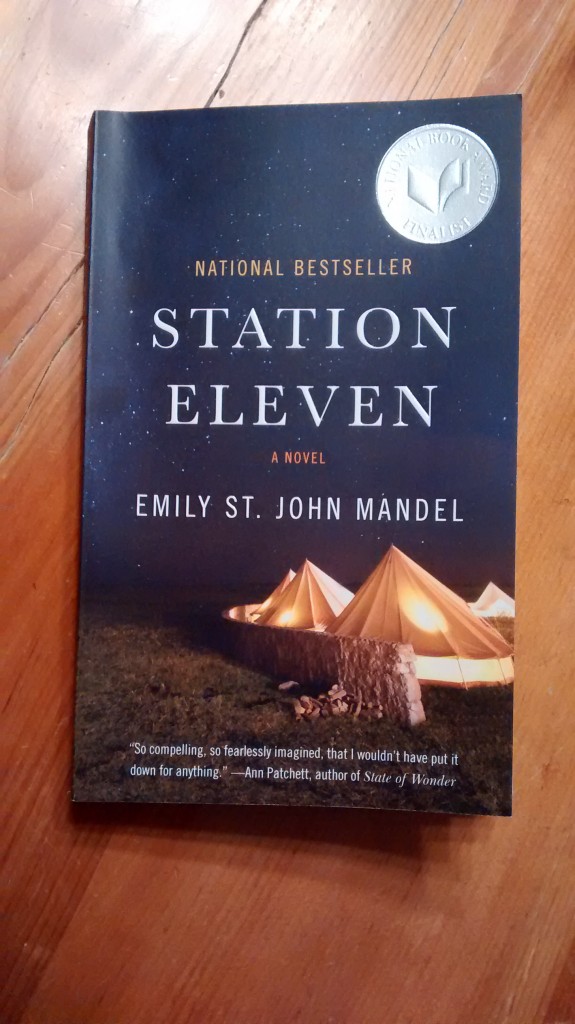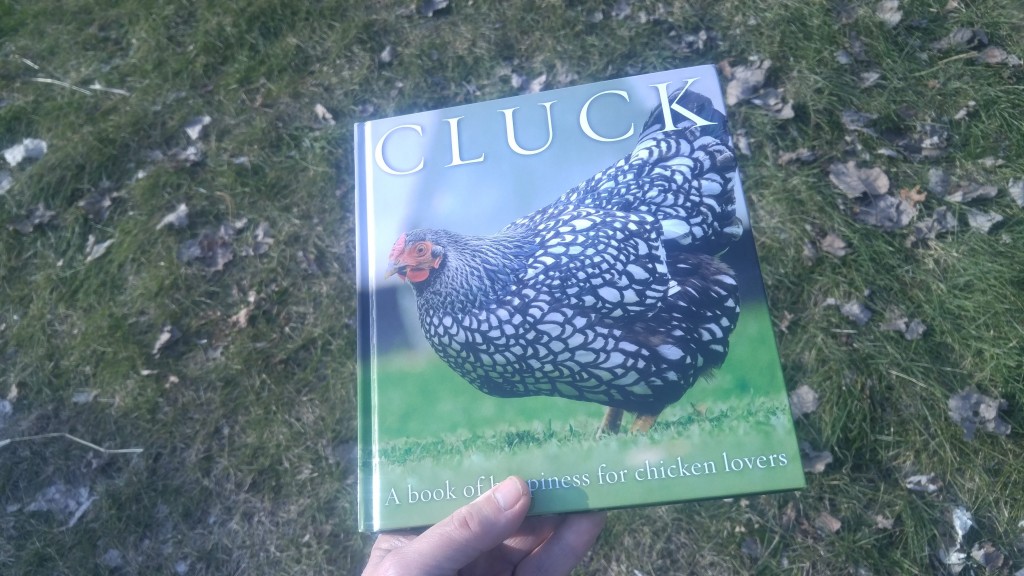“Because survival is insufficient”
Last week I had the pleasure to participate in a panel discussion sponsored by the Agora, the student newspaper at Monroe County Community College. It was part of their “One Book One Community” series in which a book is chosen and as many people as possible read the book, then events such as panel discussions are held.
This time the book was Station Eleven a post- apocalyptic novel written by Emily St. John Mandel. The story is set in the not-to-distant future Great Lakes area, so it has a special attraction for those of who live in this area. An extremely virulent influenza virus has abruptly wiped out over 99% of the world’s human population causing complete collapse of civilization. A performance group called the Travelling Symphony wanders about the shores of Lake Michigan and Lake Huron performing Shakespeare for villagers.

You’ll recognize some of the places in Station Eleven
Our panel discussion addressed hypothetical questions of how would we survive a catastrophic event and the chaos that would follow. On our panel was Micha, a sportsman who was an expert hunter and fisherman; Chase, a young, decorated war veteran who gave his thoughts on self-defense; Mark Hammond, our director of emergency management representing the government’s point of view; my wife Judy — who is a retired horticulturist from Matthaei Botanical Garden– and myself shared our opinions on growing and preserving food.
A number of possible scenarios were brought up ranging from a natural or man-made electro-magnetic pulse that takes down the electrical grid to a global pandemic much like the one in Mandel’s novel and everything in between. Most agreed that the most probable disaster would be an electrical grid failure that we could recover from in a relatively short period of time. This was not long after the wind storm in March that knocked out electricity to over a million people in Michigan so it was still fresh in everyone’s mind.
What are three things that you should do right now to prepare for a disaster? There are many possibilities but our government official suggested we look at the FEMA website to get started.
Learning the rudiments of hunting and fishing would serve you well in the Great Lakes area if you were lucky enough to survive the beginnings of an extreme disaster. Purchasing proper outdoor equipment, including firearms, ahead of time and learning how to use it is critical if you decide to prepare for that kind of eventuality.
In my opinion, subsistence gardening/farming would be the most productive endeavor in a post-apocalyptic world, especially you decide to settle in down in one spot and not travel. My suggestion to the audience was to take up gardening as a new hobby to learn how to grow your own food. Judy reminded the participants that most garden seed is only viable for one to five years, depending on the type of vegetable and open-pollinated, heirloom varieties would be the only workable option for growing food long into the future.
We all agreed that it would be best to have a group of like-minded family and friends who could band together to share their skills to help mitigate the worst aspects of a disaster. Even some form of entertainment would be welcome. Many years ago a group of my friends discussed that very topic: who would be critical to the survival of the group? After all the practical skills were covered, like woodworking, blacksmithing and such, it was decided to include Greg because he was a talented guitar player and wonderful singer.
Even if a major cataclysm never occurs during our lifetime, gardening is still a healthy, enjoyable, productive hobby.
Bob

